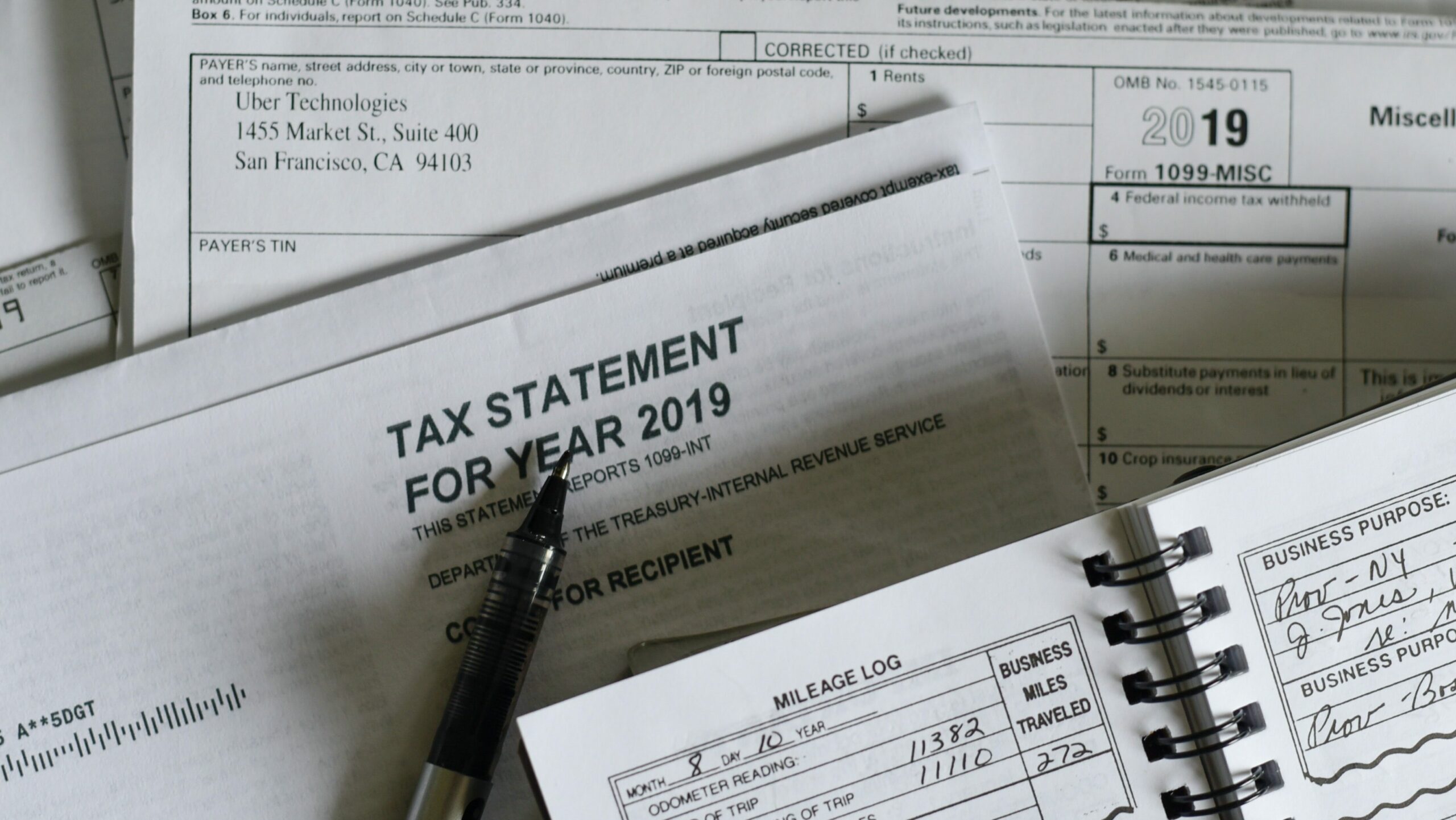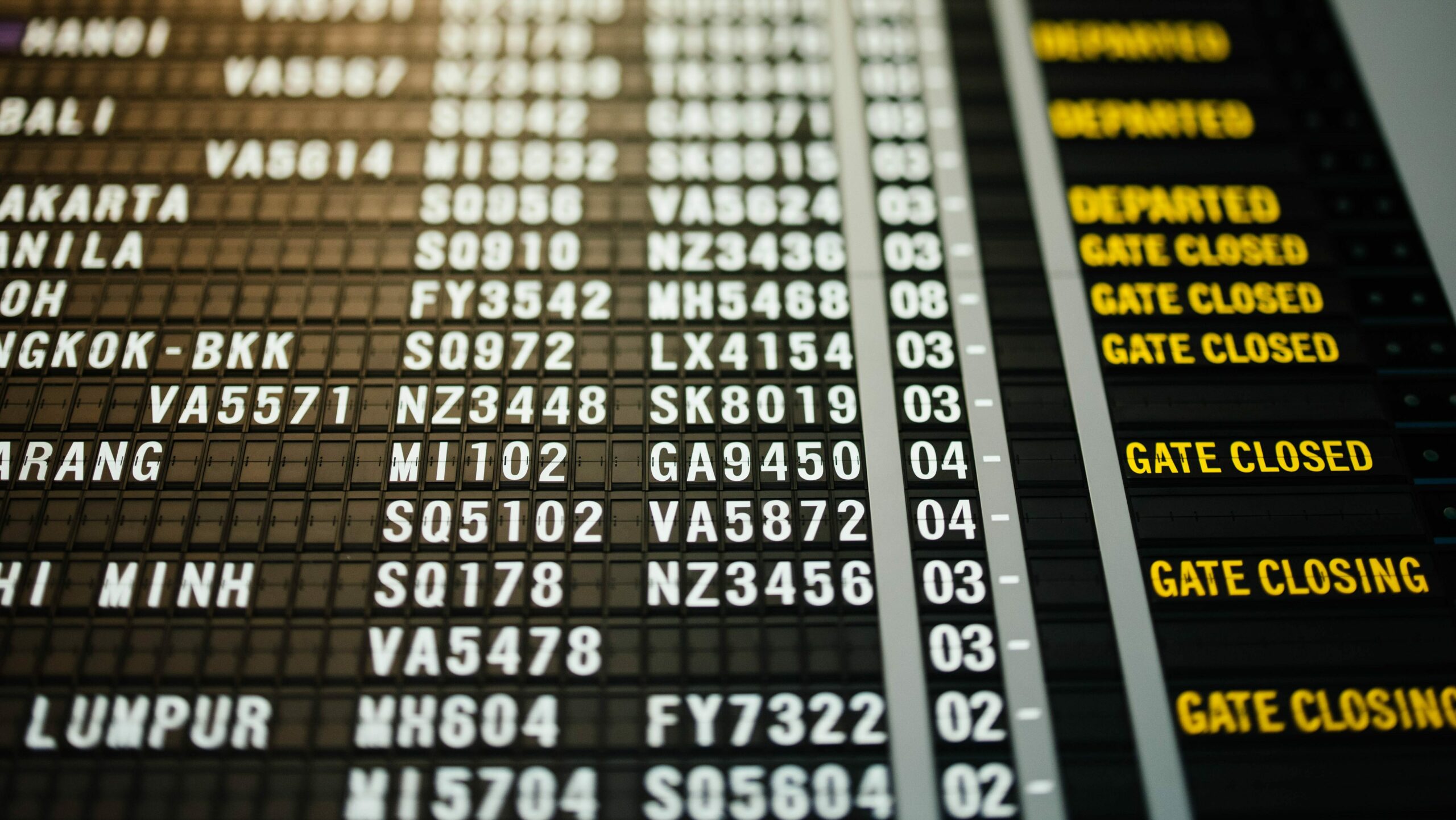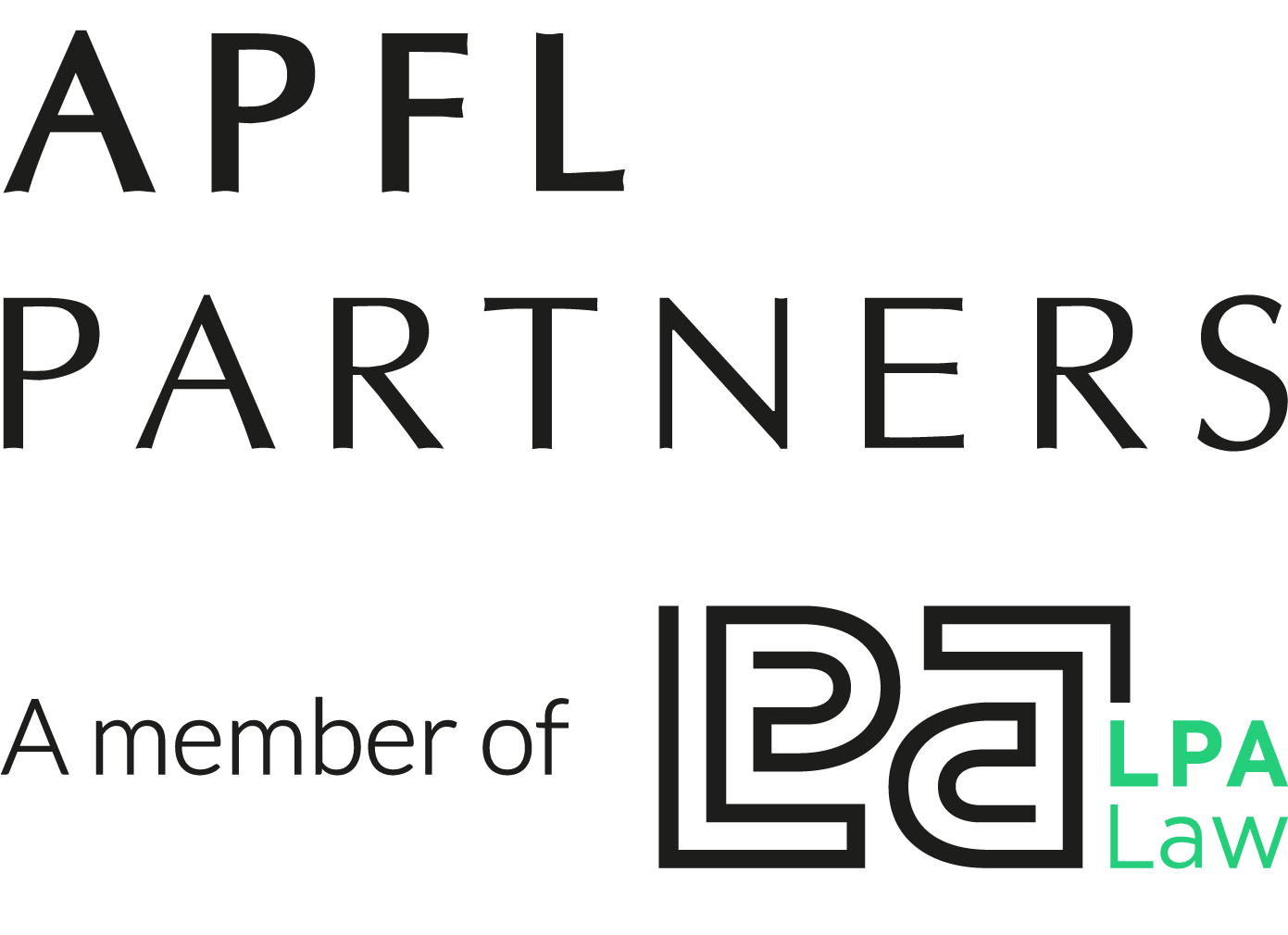The Week in Brief: 25 Sept 2020
Welcome to The Week in Brief: A new regular legal digest from Audier & Partners.
Each week, our team will highlight the major legislative reforms taking place in Vietnam and provide a bite-sized overview of their impact on our clients doing business and investing here.
In this edition, we feature an important change to Corporate Income Tax, new rules for information disclosure when issuing enterprise bonds, a deferral of Special Consumption Tax for cars made in Vietnam, and an increase in air carrier compensation.
To learn more about one of these legal changes – and what it means for companies in Vietnam – contact our office for more information.
Corporate Income Tax Cut Comes into Effect

Enterprises in Vietnam with revenues of less than 200 billion dong (around US$ 8.5 million) in 2020 will benefit from a cut in Corporate Income Tax (CIT) on their 2020 income after a new resolution was introduced in the National Assembly in June.
Effective from 3 August, Resolution No. 116/2020/QH14 means that enterprises in Vietnam will see their CIT bill for 2020 fall 30 per cent. This applies to both domestic and foreign-invested enterprises, co-operatives, public service and other organizations.
New Rules on Issuing Enterprise Bonds

From next week, new rules will enter into force on the disclosure of information when issuing enterprise bonds in Vietnam. Circular No. 77/2020/TT-BTC, issued on 14 August by the Ministry of Finance, outlines how information should be disclosed before enterprise bonds are issued:
- For bonds issued in the domestic market, enterprises should conduct the information disclosure before bond issuance and send the contents of this disclosure to the Hanoi Stock Exchange;
- The legal representative of the enterprise – or its authorised representative – must sign the information disclosure and seal it with their official company seal, and;
- For bonds issued on international markets, the content of the information disclosure must be sent to the Hanoi Stock Exchange as described in Article 27 of Decree 163/2018/ND-CP.
Circular 77 guides the implementation of Decree No. 81/2020/ND-CP, which amended Decree No. 163/2018/ND-CP, and will be effective from 28 September.
SCT Deferred on Cars Made in Vietnam

Following a new change introduced this month, the Special Consumption Tax (SCT) on cars manufactured or assembled in Vietnam can now be deferred – in some cases until late December 2020.
Decree 109/2020/ND-CP, issued on 15 September, states that SCT incurred in March must be paid no later than 20 September 2020. The SCT levied on cars bought in April and May also has to be paid within the same six-month timeframe – no later than 20 October and 20 November. Meanwhile, the SCT incurred between June and October 2020 can now be deferred until 20 December.
This latest change in the domestic automotive sector comes after the government issued a decision to cut the registration fee for cars manufactured or assembled in Vietnam in half earlier in 2020. Those eligible for the deferral in SCT must submit an application to the relevant tax department.
What to Look Out For in the New Labour Code

Vietnam’s updated Labour Code is set to enter into force on 1 January 2021. This major new legislation will introduce some important changes in labour law that companies should be aware of and start to prepare for.
One such change relates to labour contracts. The new Labour Code will allow enterprises to sign electronic contracts in the form of data messages with their workers, in accordance with the Law on Electronic Transactions. These electronic contracts will, therefore, have the same legal status as traditional paper-based written contracts. The new Labour Code also stipulates that enterprises cannot have verbal contracts lasting for more than one month.
Following the new Labour Code, the Ministry of Labour, Invalids and Social Affairs (MOLISA) is now preparing a draft decree on the recruitment and management of Vietnamese working for foreign entities. Until now, these entities – such as representative offices, NGOs and international organisations – wishing to recruit Vietnamese employees have been required to do so through authorised recruitment agencies. This new circular proposes to add a new group to that list – companies where more than 51 per cent of their charter capital is foreign-invested.
Air Carrier Compensation Rates Set to Rise

October will see air carriers in Vietnam subject to new, higher compensation rates for loss or damage caused to their passengers or cargo. In Decree 97/2020/ND-CP, dated 26 August and effective from 15 October, the government has introduced the following new rates:
- Compensation for loss of life and health has increased from 100,000 to 128,821 units per passenger;
- Compensation for passenger delays has grown from 4,150 to 5,346 units per passenger;
- Compensation for loss, damage or delay to checked or hand luggage has risen from 1,000 to 1,288 units per passenger, and;
- Compensation for loss, damage or delay to cargo has increased from 17 to 22 units per kg
The value of the ‘unit’ is based on an International Monetary Fund (IMF) currency, converted to Vietnam dong at the State Bank of Vietnam’s exchange rate on the date of compensation.


